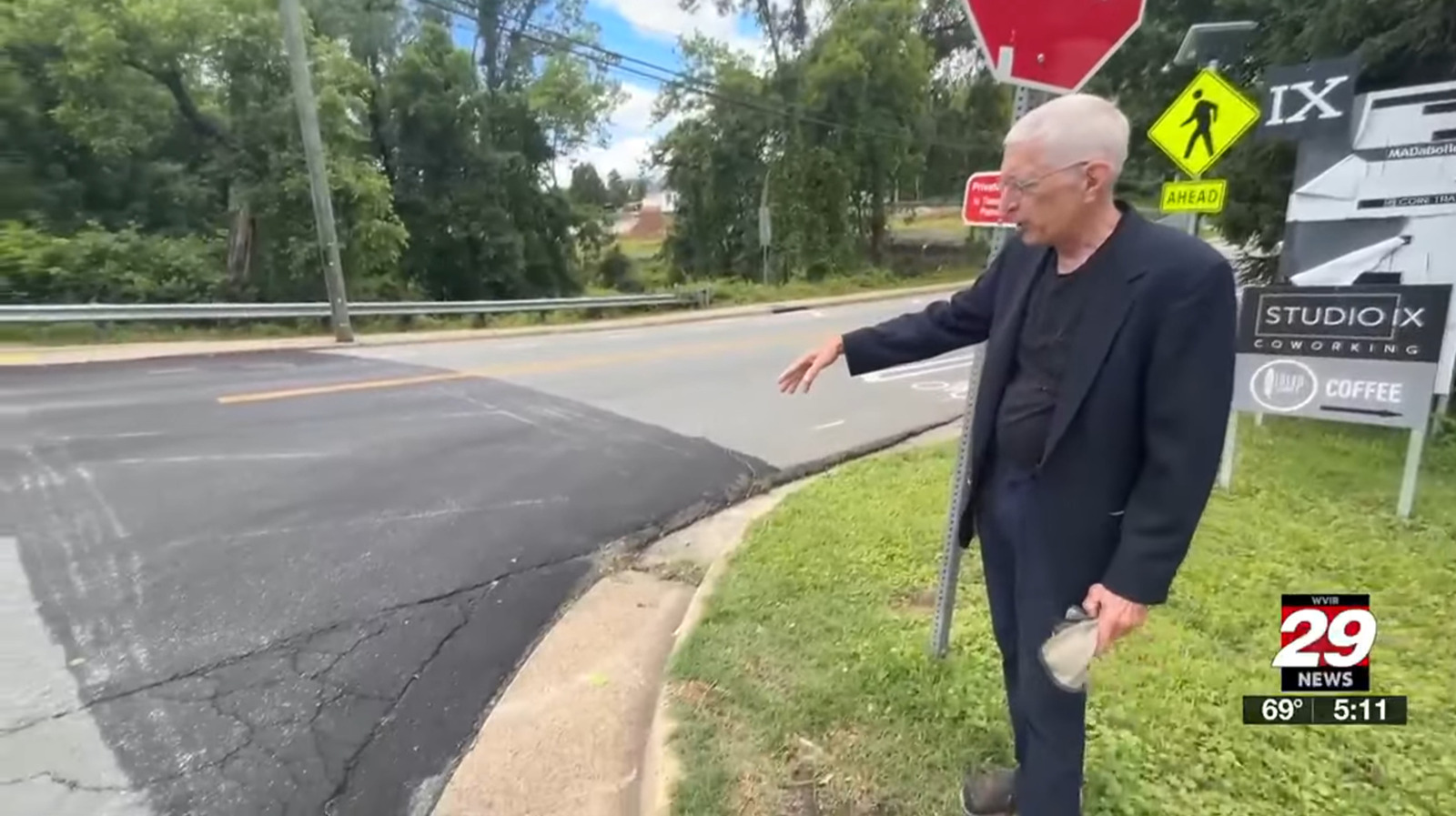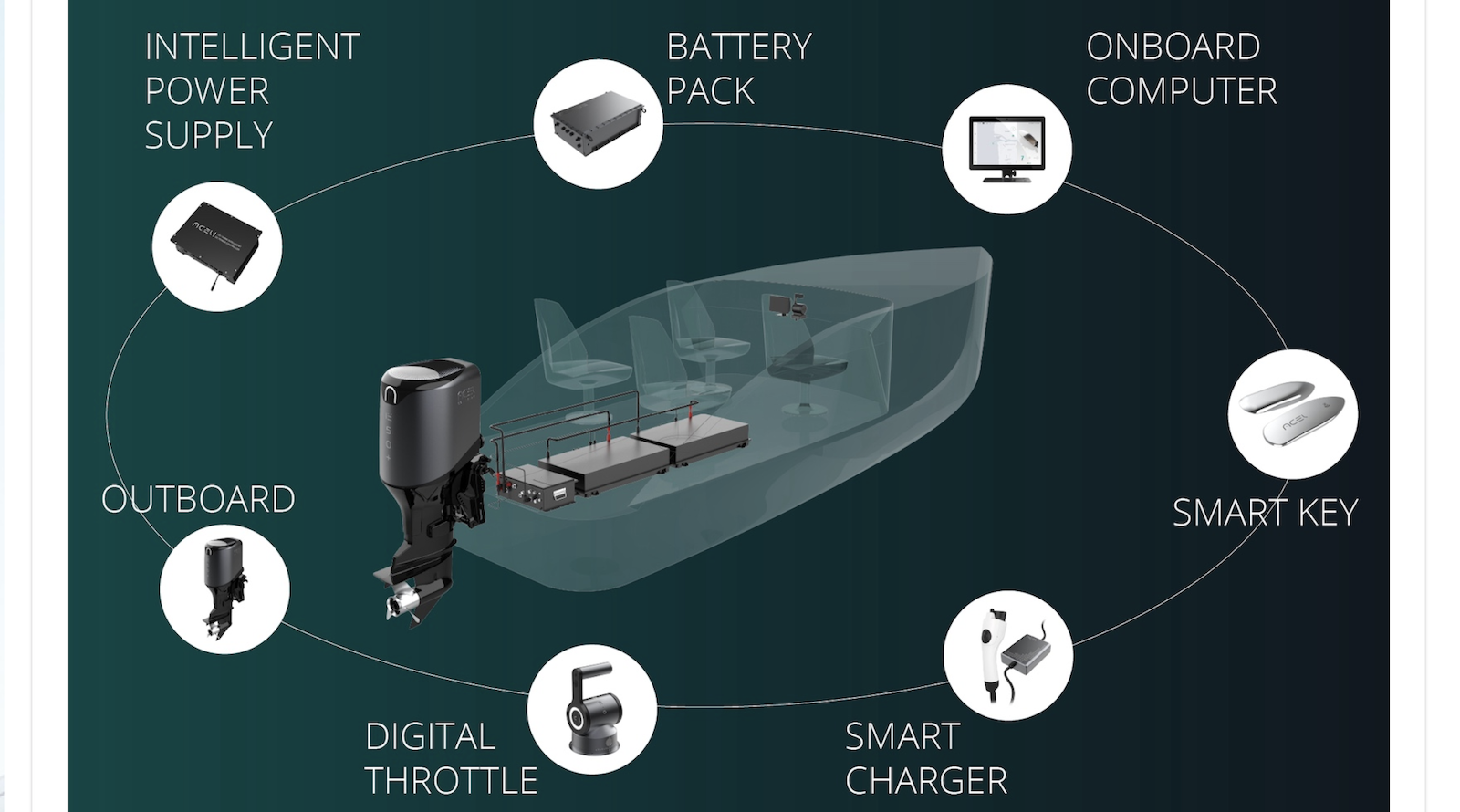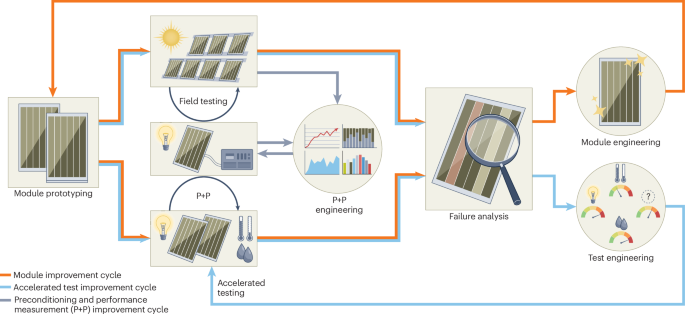The Power of Rule 11A: A Hidden Gem in Legal Procedures
The Power of Rule 11A: A Hidden Gem in Legal Procedures
Legal documents are often full of terms that seem confusing, especially if you're not a lawyer. One such term is Rule 11A. While it might sound technical, Rule 11A plays a surprisingly important role in ensuring fairness and transparency in the judicial system. Whether you’re a law student, someone facing litigation, or just curious, understanding this rule can be a game-changer.
What is Rule

?
Rule 11A generally refers to a provision in civil or criminal procedural rules (depending on the jurisdiction) that mandates early disclosure of information or intentions between parties involved in a legal case. It’s a procedural safeguard designed to:
-
Streamline court cases
-
Encourage settlements
-
Reduce unnecessary delays
While different jurisdictions interpret Rule 11A slightly differently, the essence remains the same: promote transparency and efficiency.
Why Rule 11A Matters
Imagine you're playing chess, but you have no idea what your opponent is planning. That’s how court battles used to be — each side kept their strategies hidden until the last minute. Rule 11A changed that.
Encourages Early Communication
By requiring early disclosures, both sides get a fair view of the case — no hidden tricks, no sudden surprises.
Saves Time and Money
Litigations can drag on for years. Rule 11A helps cut down on unnecessary hearings by making sure everyone’s cards are on the table early.
Promotes Settlements
When both parties know each other's stance early on, they’re more likely to reach a mutual agreement without going through an exhausting trial.
How Rule 11A Works in Practice
Let's break it down simply. Suppose Party A is suing Party B. Under Rule 11A:
-
Party A must disclose their intentions — the basis of their claim, key facts, and relevant documents.
-
Party B must respond with their side of the story and relevant evidence.
-
Both parties exchange affidavits or written statements confirming their positions.
This happens before the trial starts, which helps the judge understand the case better and faster.
Real-World Example
In India, under the Code of Civil Procedure, Rule 11A was introduced to combat the problem of frivolous litigation and intentional delays. It requires plaintiffs to file a list of documents and ensure full transparency before a suit is even heard. This alone has saved courts hours of unnecessary hearings.
Conclusion
Rule 11A might seem like a small procedural rule, but its impact is massive. It acts like the oil that keeps the gears of justice moving smoothly. By promoting early disclosure, reducing delays, and encouraging settlements, Rule 11A ensures that the legal process remains fair, efficient, and transparent.
So the next time you hear someone mention Rule 11A, you’ll know—it’s not just a number. It’s a key that unlocks faster, clearer justice.
FAQs
1. Is Rule 11A applicable in all countries?
No, the interpretation and implementation of Rule 11A vary depending on the country and the type of legal system (civil or common law).
2. Can a case be dismissed for violating Rule 11A?
In some jurisdictions, yes. If a party fails to disclose necessary information as required, the court may impose penalties or even dismiss the case.
3. Does Rule 11A help in criminal cases too?
Rule 11A is mostly relevant in civil cases, but similar early disclosure principles exist in criminal law under different rules.
4. Who benefits the most from Rule 11A?
Both parties benefit — it ensures a level playing field, reduces surprises, and often leads to quicker settlements.
5. Can Rule 11A delay a trial?
Quite the opposite. While it may add initial steps, Rule 11A usually speeds up the overall process by removing roadblocks early on.



















































































































































